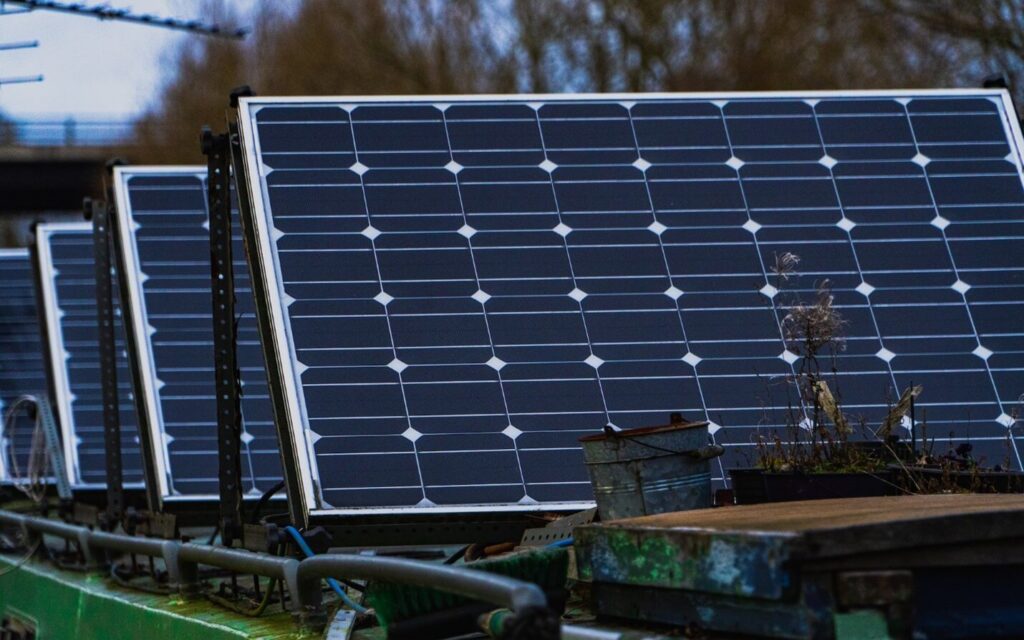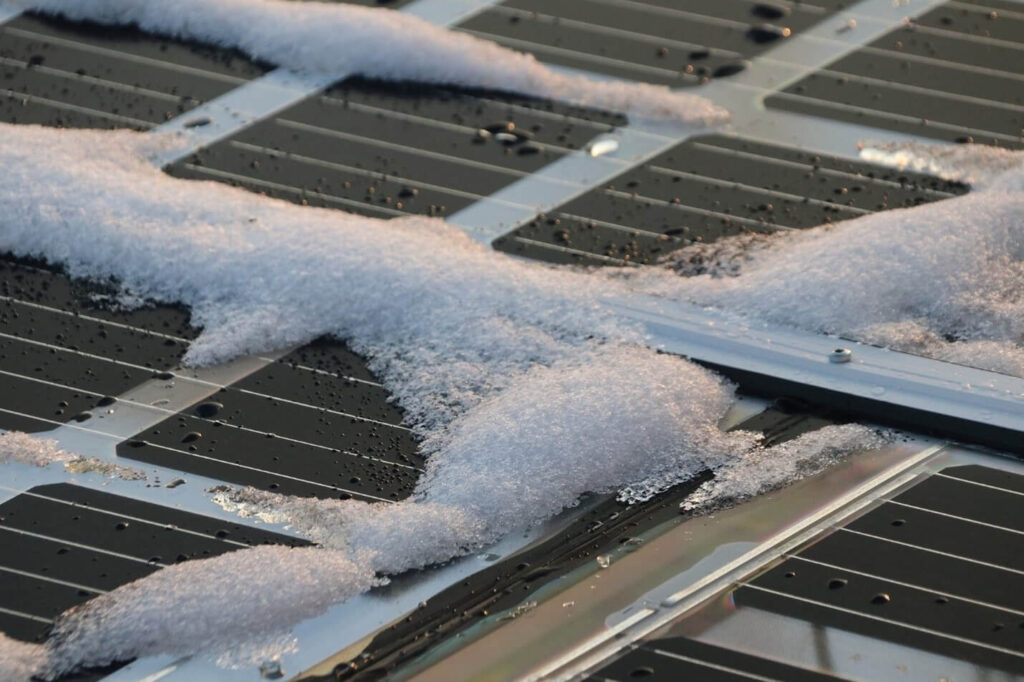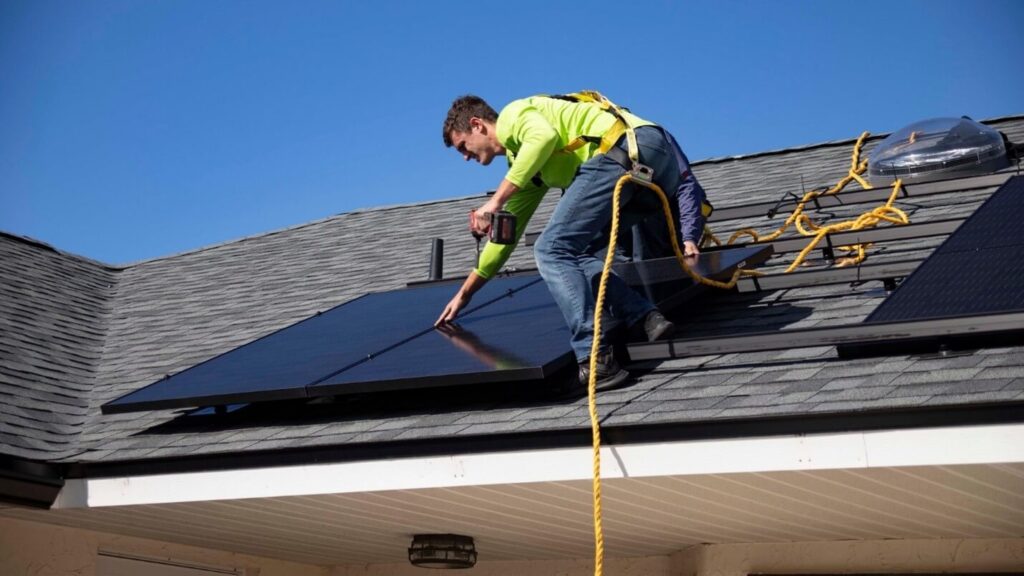Most of us already know about Solar Panels and what they do. However, not a lot of us are familiar with its longevity and whether they are usable in cold conditions.
Solar Panels absorb the light generated by the sun. So it is not the heat as many believed to be the source of energy, but rather the sunlight that is much more important here. This leads us to our curiosity regarding how well do solar panels work in the Winter. Let’s find out about the effectiveness of Solar Panels on severe winter days. By knowing this, you will also be better equipped to determine if you should add solar panels on your roof or not.
How Do Solar Panels Work?

Tiny portions of light known as Photons are present in the sunlight. These photons are generated from the sun’s core and when the sunlight hits the earth, it also hits the solar panels.

The contact of photons and solar panels initiates the motion of electrons. As a result, electric current is formed in the form of energy. After that, this energy is transferred to your power supply which gives electricity to your household electronic items.
The solar PV cells that are used to create solar panels generate energy when sunlight is beaming upon their surface. However, when there is no sunlight, the solar panel cannot generate electricity. This is why rechargeable solar batteries come into play.
A rechargeable Solar Battery is another important piece of equipment for people who use solar panels. These solar batteries can store electricity generated from the panels and provide electricity during power outages.
The more powerful the sunlight is, the more power solar panels will create. The PV panels get the most sunlight during noon on a clear sunny day. However, sunlight in any condition is enough to put the solar panel to work.
Do Solar Panels Work in Harsh Weather?
Solar panels are made to function efficiently in a variety of weather patterns, including severe winter weather. There are various factors that affect how well they can survive the winter. However, we need to keep in mind that solar panels are the most effective when it is a sunny summer day. The efficiency of the PV cells starts to decrease when the temperature is 77ºF.

First, it’s crucial to know that solar panels rely on sunlight, not solar heat, which still reaches Earth throughout the winter. Shorter days and less strong sunshine may result in a reduction in overall energy output. However, solar panels can still provide power on those days. The sunlight still reaches the solar panels even through clouds and rain.
In reality, the semiconductor materials used to make solar panels operate better in the cold. As a result, they are frequently more efficient when the temperature is lower. To guarantee peak performance, it’s crucial to regularly remove panels of snow and ice since they build and impair efficiency.
Improvements in solar technology have made solar panels more effective in dim and lower sunlight conditions. Modern panels still generate power on cloudy winter days since they have anti-reflective coatings and improved light absorption capacities.
Do Solar Panels Work in Snow?
The panels work even in the winter season, but what about when there is snow? They still work and can generate ample amounts of electricity. The photon particles can reach the surface of solar panels even when there is snow on it.

The dark and reflective surface of solar panels with its steep setup helps to melts the snow. As a result, the snow-covered panels can continue to absorb the photons. The setup of solar panels is also often tilted so that snow won’t accumulate on the panels. You can also manually go to the place where the solar panels are installed and remove snow residue.

Conclusion
Solar panels may still function in winter weather, however, they may perform less efficiently based on the limited sunlight. Fewer sunshine hours in winter and blockages from snow may decrease the efficiency of the solar panels. Some of the performance losses may be reduced with appropriate maintenance, such as cleaning snow and debris. To enhance the power of your solar panels throughout the winter, it’s crucial to install and manage them correctly.
